Home>Articles>How Long Can You Keep Coleslaw In The Refrigerator
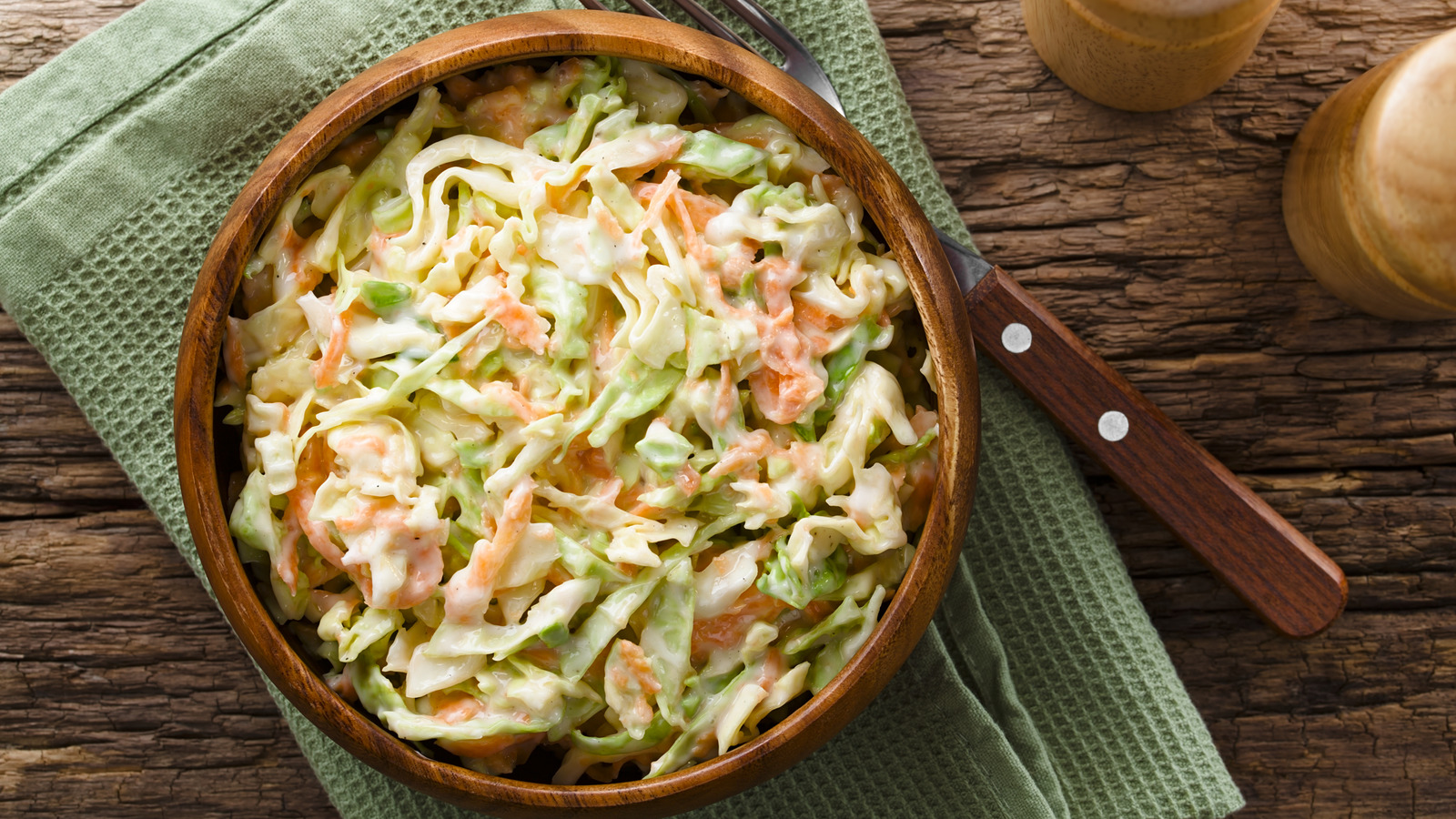

Articles
How Long Can You Keep Coleslaw In The Refrigerator
Modified: January 8, 2024
Discover how long you can safely store coleslaw in the refrigerator. Read our informative articles on proper food storage and avoid food waste.
(Many of the links in this article redirect to a specific reviewed product. Your purchase of these products through affiliate links helps to generate commission for Storables.com, at no extra cost. Learn more)
Introduction
Are you a fan of coleslaw? This classic side dish is a staple at barbecues, picnics, and family gatherings. It’s a delicious combination of cabbage, carrots, and a tangy dressing that adds a refreshing crunch to any meal. But how long can you keep coleslaw in the refrigerator before it goes bad?
Knowing the shelf life of coleslaw and how to properly store it is essential for maintaining its freshness and flavor. In this article, we will explore the factors that affect the shelf life of coleslaw and provide helpful tips for extending its freshness.
So, whether you have leftover coleslaw from last night’s dinner or you’re planning to prepare a big batch for an upcoming event, read on to learn everything you need to know about keeping your coleslaw delicious and safe to eat.
Key Takeaways:
- Proper storage and hygiene practices are essential for extending the shelf life of coleslaw, ensuring it stays fresh and safe to eat for 3 to 5 days when refrigerated.
- By recognizing signs of spoilage and following storage tips, you can enjoy delicious coleslaw for longer, enhancing your dining experiences and reducing food waste.
Factors Affecting Coleslaw Shelf Life
Several factors can affect the shelf life of coleslaw, including:
- Freshness of Ingredients: The quality and freshness of the cabbage and carrots used in coleslaw play a significant role in its shelf life. Fresher ingredients tend to have a longer shelf life and maintain their crisp texture.
- Dressing: The type of dressing used in coleslaw can impact its longevity. Generally, coleslaw with vinegar or oil-based dressings can last longer than those with mayonnaise-based dressings.
- Temperature: Keeping coleslaw at the proper temperature is crucial for preventing spoilage. Temperature fluctuations can accelerate the growth of bacteria, leading to faster spoilage.
- Hygiene: Proper hygiene practices during the preparation and serving of coleslaw can affect its shelf life. Using clean utensils, storing in clean containers, and avoiding cross-contamination with other foods can help extend its freshness.
- Airtight Storage: The way coleslaw is stored can influence its shelf life. Storing it in airtight containers helps preserve its crispness and prevents exposure to air, which can cause wilting and spoilage.
By understanding these factors and taking appropriate measures, you can ensure that your coleslaw stays fresh and safe to eat for as long as possible.
Proper Storage of Coleslaw
To maximize the shelf life of coleslaw, it is essential to store it properly. Here are some tips for proper coleslaw storage:
- Refrigerate Immediately: After preparing or purchasing coleslaw, refrigerate it promptly. Leaving coleslaw at room temperature for an extended period can lead to bacterial growth and spoilage.
- Use an Airtight Container: Transfer the coleslaw into an airtight container before refrigeration. This helps seal in freshness and prevents air exposure, which can cause wilting and flavor degradation.
- Keep in the Refrigerator: Store the coleslaw in the refrigerator at a temperature between 35°F and 40°F (2°C and 4°C). This temperature range slows down the growth of bacteria and helps maintain the quality of the coleslaw.
- Avoid Freezing: While coleslaw can technically be frozen, it is not recommended. Freezing and thawing can cause the vegetables to become mushy and compromise the texture of the coleslaw.
- Separate Dressing if Possible: If you anticipate having leftover coleslaw, consider storing the dressing separately from the vegetables. This allows you to mix it in when serving, keeping the coleslaw crisp and preventing it from becoming soggy.
By following these storage tips, you can help maintain the freshness and quality of your coleslaw for a longer period.
How Long Can You Keep Coleslaw in the Refrigerator?
The shelf life of coleslaw can vary depending on various factors, including the ingredients used and storage conditions. Here’s a general guideline on how long you can keep coleslaw in the refrigerator:
- Homemade Coleslaw: If you’ve prepared coleslaw at home, it is typically safe to consume for about 3 to 5 days when stored properly in the refrigerator. The freshness and quality of the ingredients used will also impact its shelf life.
- Store-Bought Coleslaw: When it comes to store-bought coleslaw from your local deli or supermarket, it’s best to follow the expiry or “best-by” date provided on the packaging. This ensures you consume it while it’s at its freshest and safest.
It’s important to note that these are general guidelines, and individual scenarios may vary. Always use your best judgment and rely on your senses to determine if coleslaw is still suitable for consumption.
If you notice any changes in color, texture, or smell, it is best to discard the coleslaw. Additionally, if your coleslaw has been left at room temperature for an extended period or exposed to improper storage conditions, it is safer to err on the side of caution and discard it to avoid any potential foodborne illnesses.
Remember, proper storage and handling play significant roles in extending the shelf life of coleslaw and keeping it safe to eat.
Coleslaw can be kept in the refrigerator for 3-5 days. To maintain freshness, store it in an airtight container and keep it towards the back of the fridge where it’s coldest.
Signs of Spoiled Coleslaw
It’s crucial to be able to identify signs of spoiled coleslaw to ensure your safety and prevent any unpleasant dining experiences. Here are some common signs that your coleslaw may be spoiled:
- Off Odor: If your coleslaw emits a foul or sour odor, it is likely spoiled. Trust your sense of smell and discard it if it smells off.
- Discoloration: Pay attention to any significant changes in color, particularly the cabbage. If the cabbage appears brown, slimy, or has dark spots, it is a clear indication of spoilage.
- Texture Changes: Spoiled coleslaw will often have a slimy or mushy texture. If the texture deviates significantly from its fresh and crisp state, it is best to discard it.
- Mold Growth: If you notice any signs of mold growth on the surface of the coleslaw, it is unsafe to consume. Mold can produce toxins that can cause illness when ingested.
- Taste: If your coleslaw tastes off or has a sour or rancid flavor, it is a clear indication that it has spoiled. Do not consume it.
It’s important to note that if any of these signs are present, it is recommended to err on the side of caution and dispose of the coleslaw. Consuming spoiled food can lead to foodborne illnesses and gastrointestinal discomfort.
Remember to always trust your senses and inspect your coleslaw before consuming it, particularly if it has been stored for an extended period or exposed to unfavorable conditions.
Tips for Extending the Shelf Life of Coleslaw
To maximize the freshness and shelf life of coleslaw, consider implementing these tips:
- Fresh Ingredients: Start with fresh and high-quality ingredients. Choose crisp cabbage and firm carrots to ensure your coleslaw stays fresh longer.
- Proper Dressing: Opt for vinegar or oil-based dressings instead of mayonnaise-based dressings. These types of dressings are less prone to bacterial growth and can extend the shelf life of your coleslaw.
- Keep it Cool: Maintain a consistent temperature in your refrigerator between 35°F and 40°F (2°C and 4°C). Avoid temperature fluctuations that can accelerate spoilage.
- Separate Dressing and Vegetables: Consider storing the coleslaw dressing separately from the vegetables, especially if you expect leftovers. This helps prevent the vegetables from becoming soggy and extends their freshness.
- Store Properly: Store coleslaw in airtight containers to minimize air exposure and maintain its crispness. This method also helps prevent cross-contamination with other foods in the refrigerator.
- Handle with Clean Hands: Always ensure proper hygiene when handling coleslaw. Wash your hands thoroughly before preparing or serving, and use clean utensils and containers to prevent the introduction of bacteria.
- Monitor Expiration Dates: If you’re using store-bought coleslaw, pay attention to the expiration or “best-by” date on the packaging. Consume it before this date to ensure optimal freshness.
By following these tips, you can extend the shelf life of your coleslaw and enjoy it at its best for a longer period.
Remember, always use your judgment and trust your senses. If your coleslaw shows signs of spoilage, such as bad odor, discoloration, or texture changes, it’s best to discard it for your safety.
Conclusion
Coleslaw is a versatile and delicious side dish that can complement a variety of meals. To maintain its freshness and flavor, proper storage is key. By understanding the factors that affect the shelf life of coleslaw and following the tips provided, you can extend its longevity and avoid consuming spoiled coleslaw.
Remember to refrigerate coleslaw promptly after preparation or purchase, using airtight containers to prevent exposure to air and maintain its crispness. Keep coleslaw at a consistent temperature in the refrigerator and separate the dressing from the vegetables if you anticipate leftovers.
By practicing good food handling and hygiene, you can reduce the risk of bacterial growth and contamination. Trust your senses to determine if coleslaw has spoiled, such as changes in odor, color, texture, or taste.
Whether you’re enjoying homemade coleslaw or store-bought, always follow the recommended storage guidelines and expiration dates to ensure the best quality and safety.
So go ahead, whip up a batch of coleslaw for your next gathering or enjoy leftovers from last night’s dinner. With proper storage and a little attention to detail, you can savor fresh and delicious coleslaw for longer without compromising safety.
Remember, a little care goes a long way in keeping this classic side dish a crowd-pleaser at every meal.
Frequently Asked Questions about How Long Can You Keep Coleslaw In The Refrigerator
Was this page helpful?
At Storables.com, we guarantee accurate and reliable information. Our content, validated by Expert Board Contributors, is crafted following stringent Editorial Policies. We're committed to providing you with well-researched, expert-backed insights for all your informational needs.

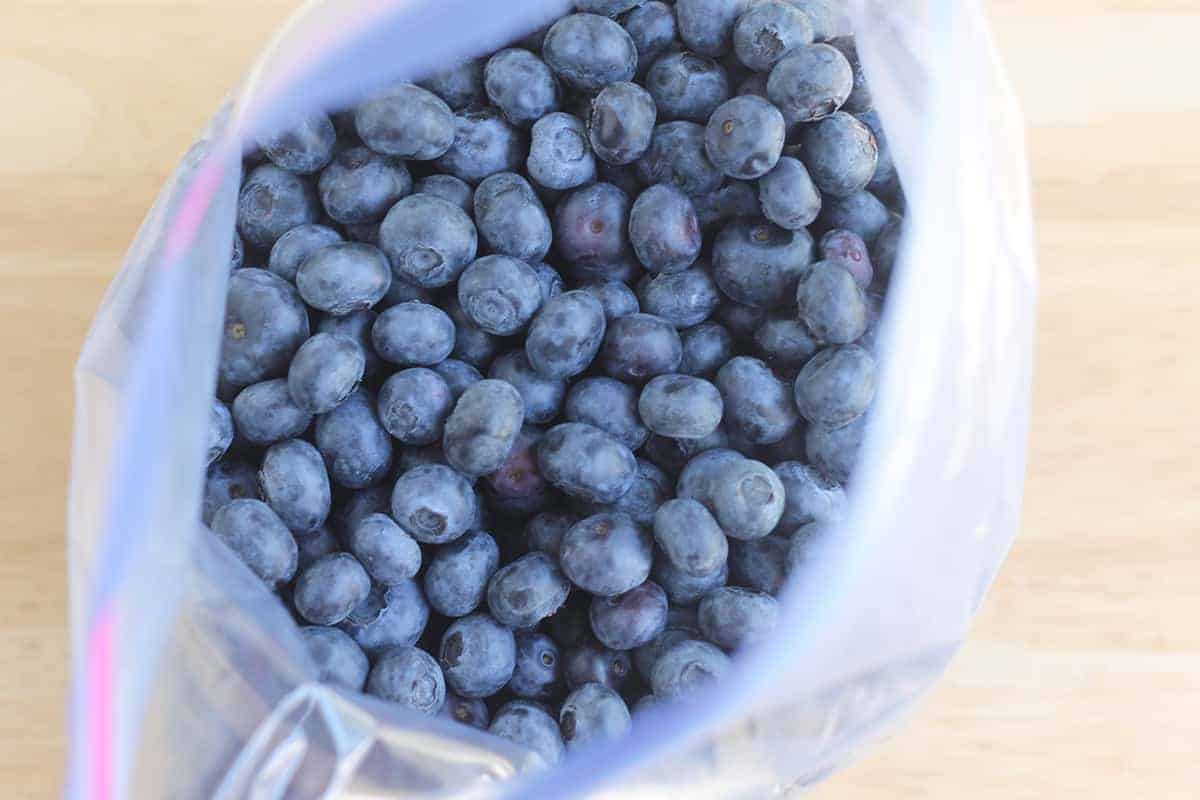

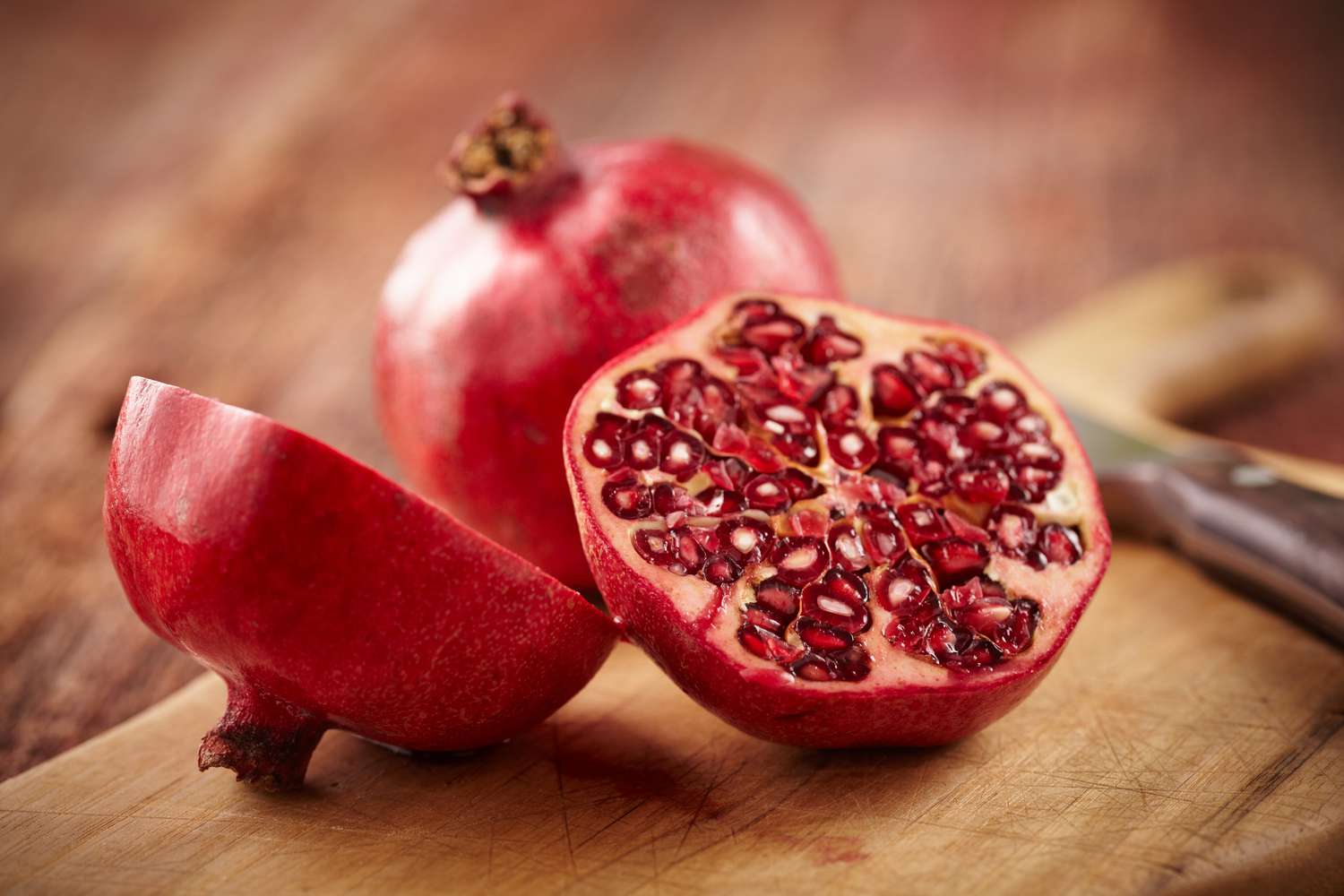
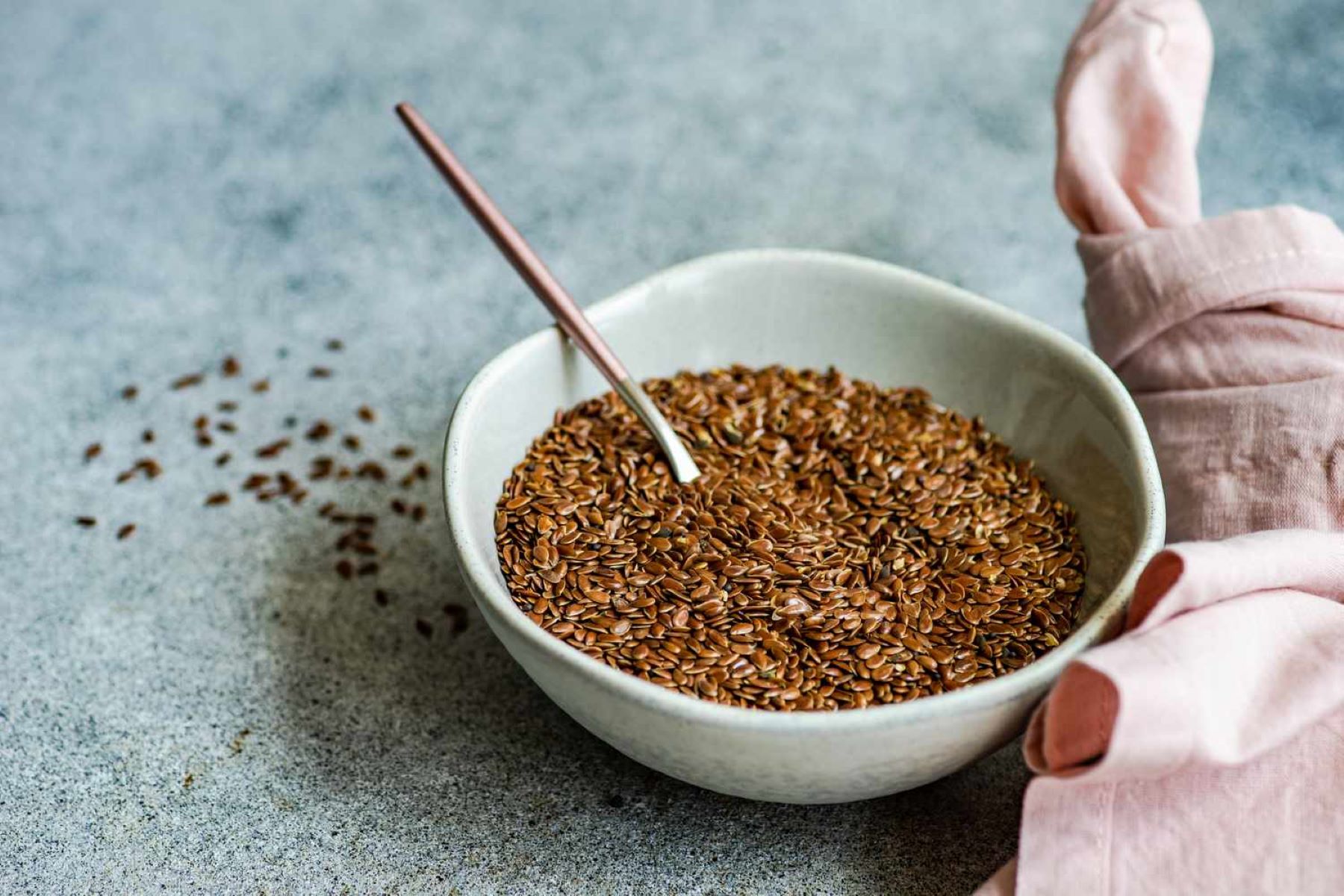
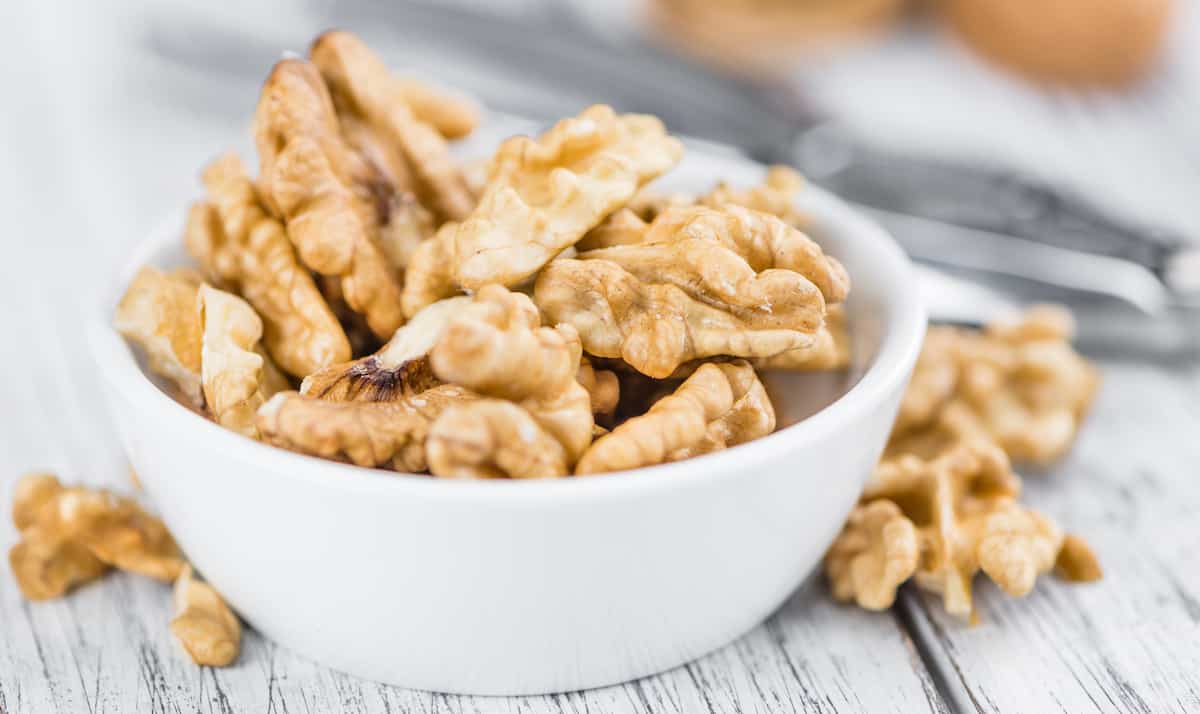
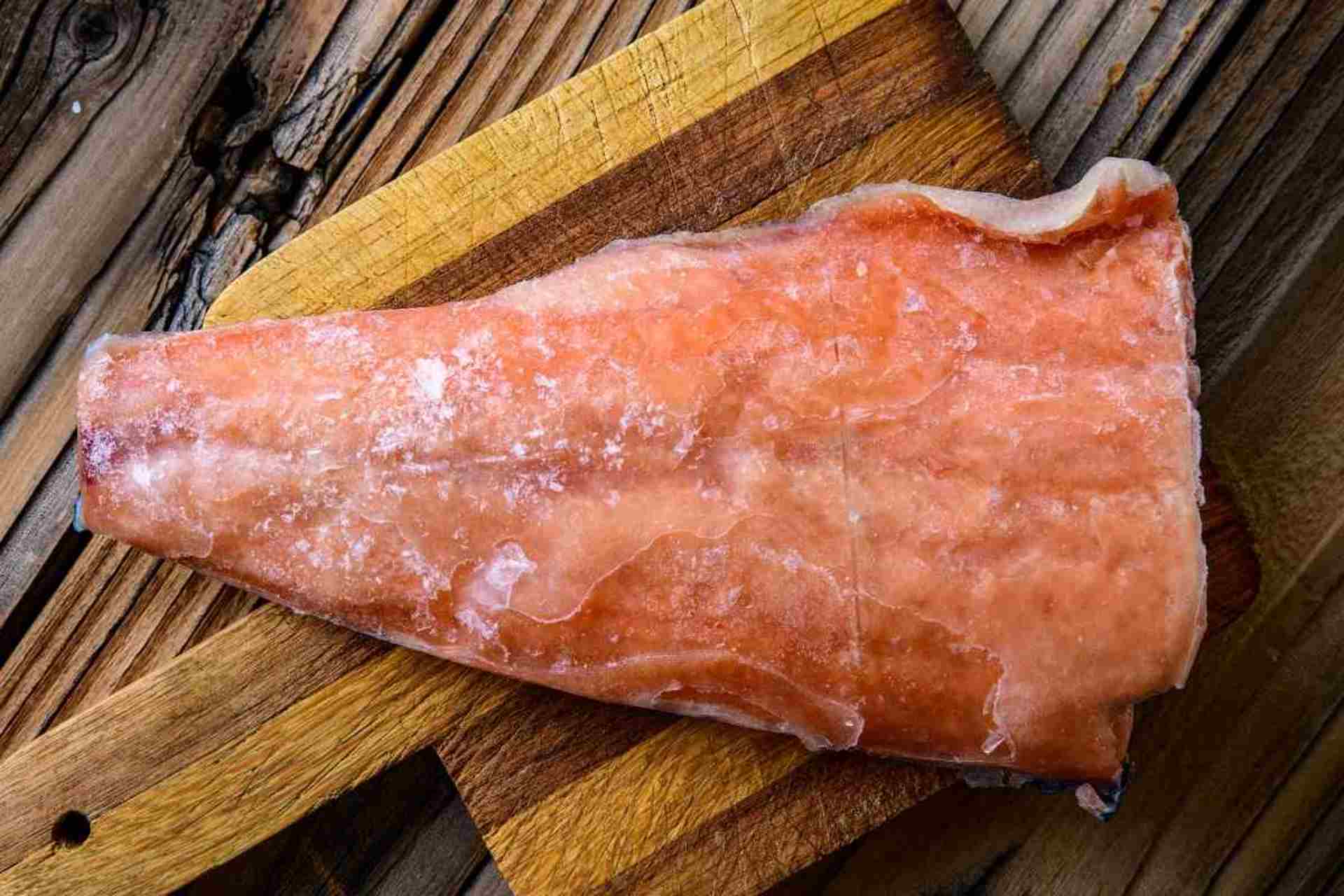

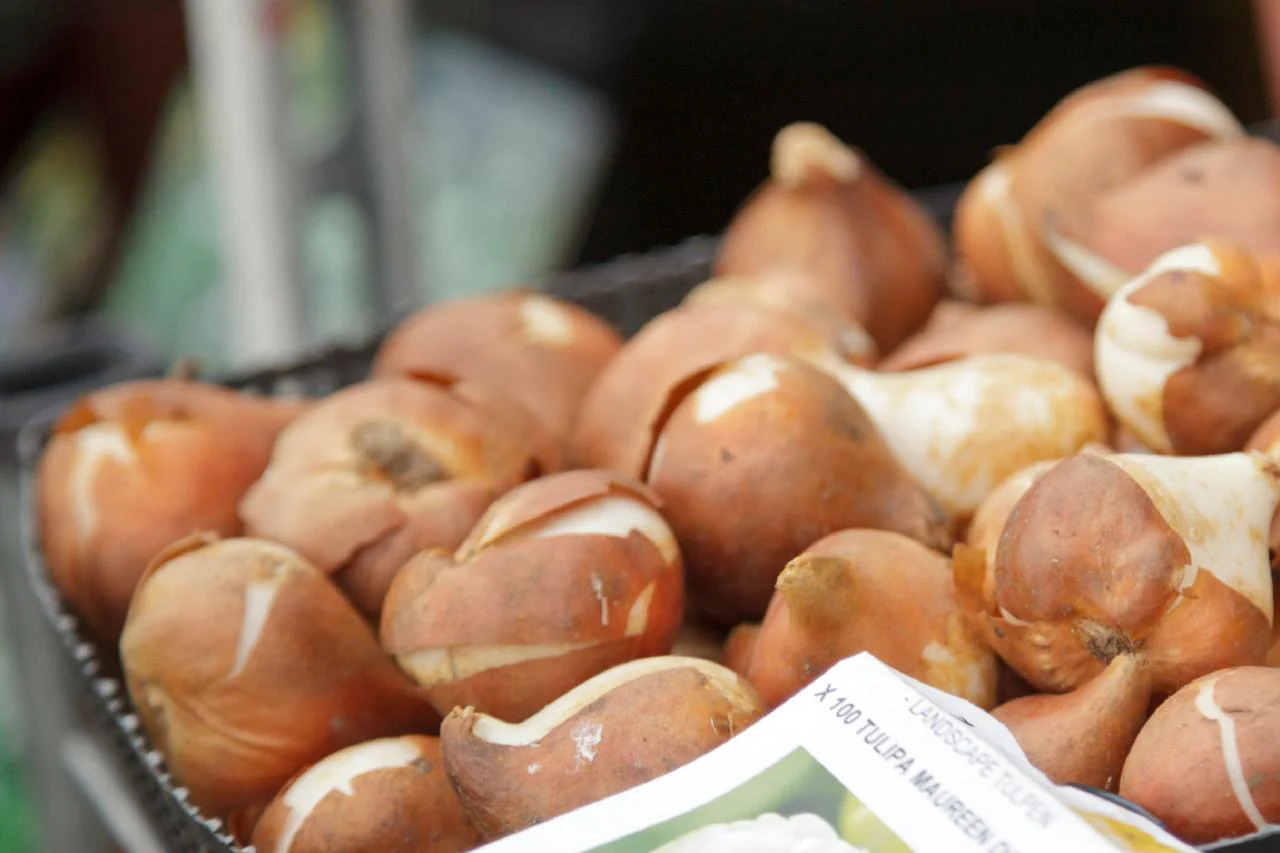

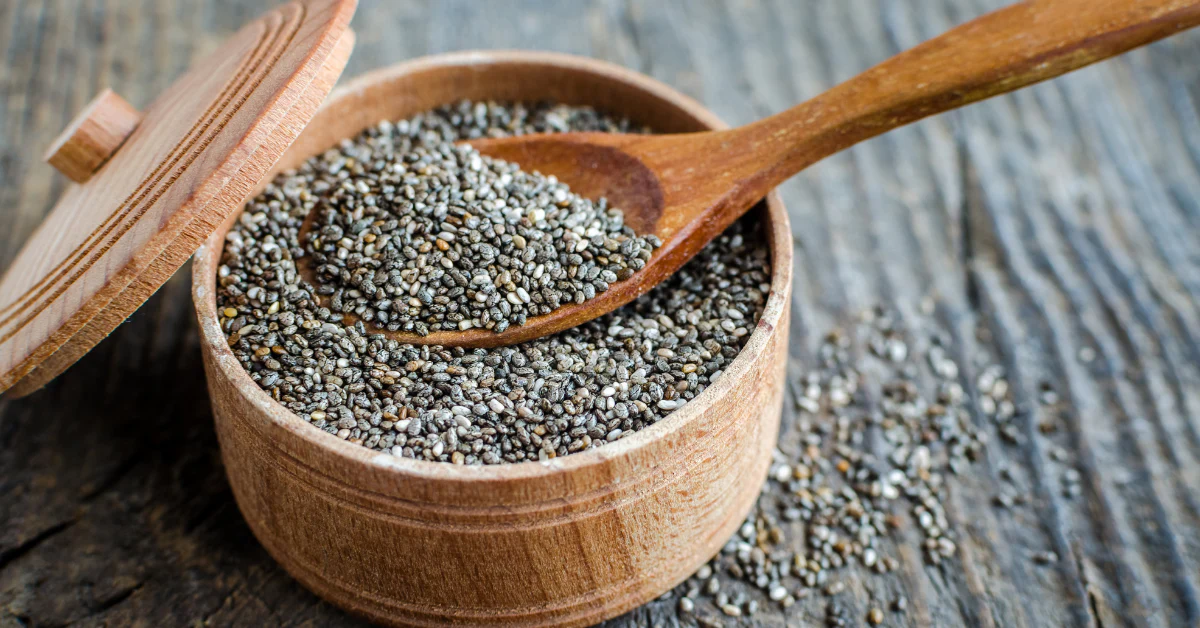
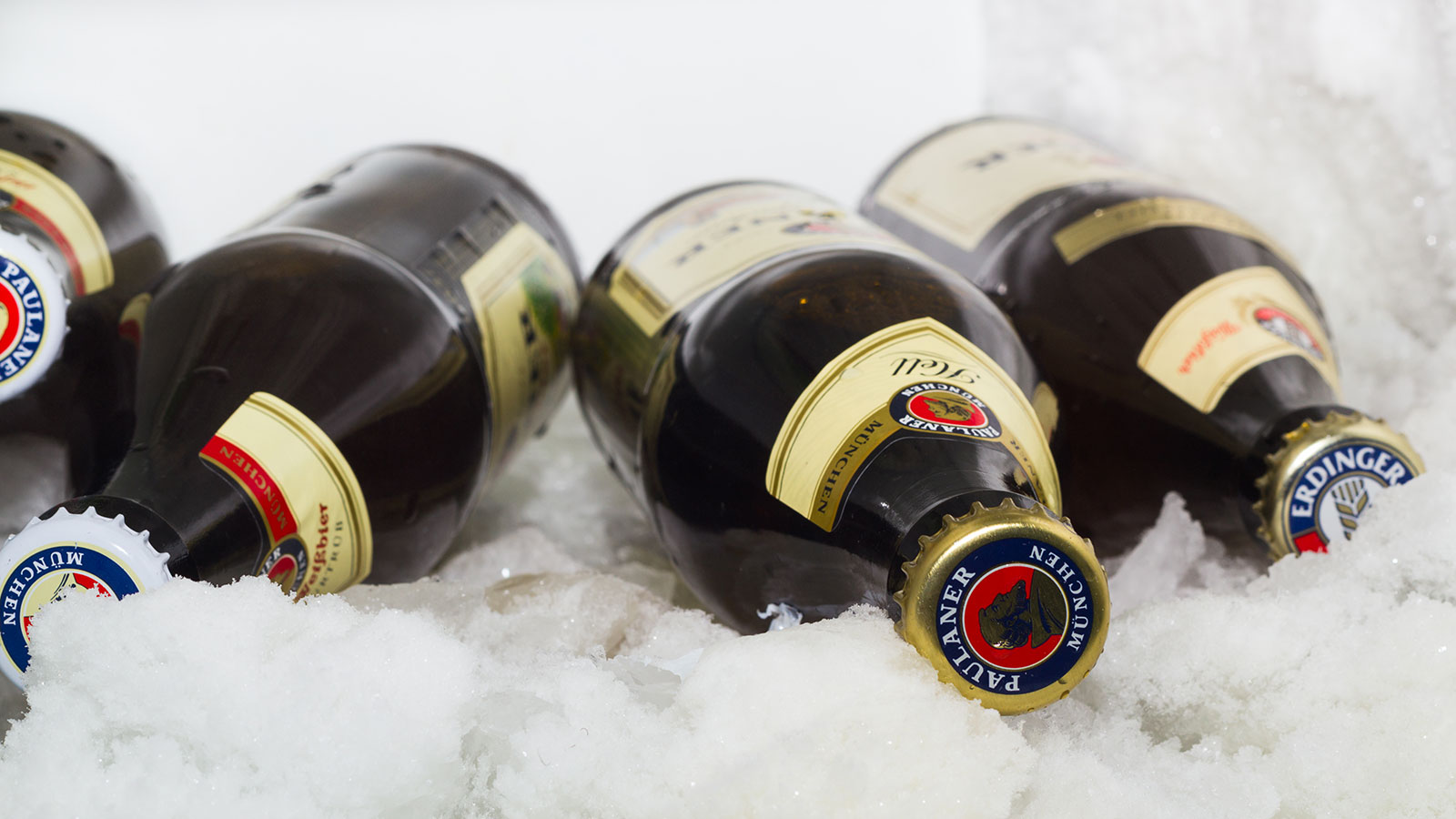
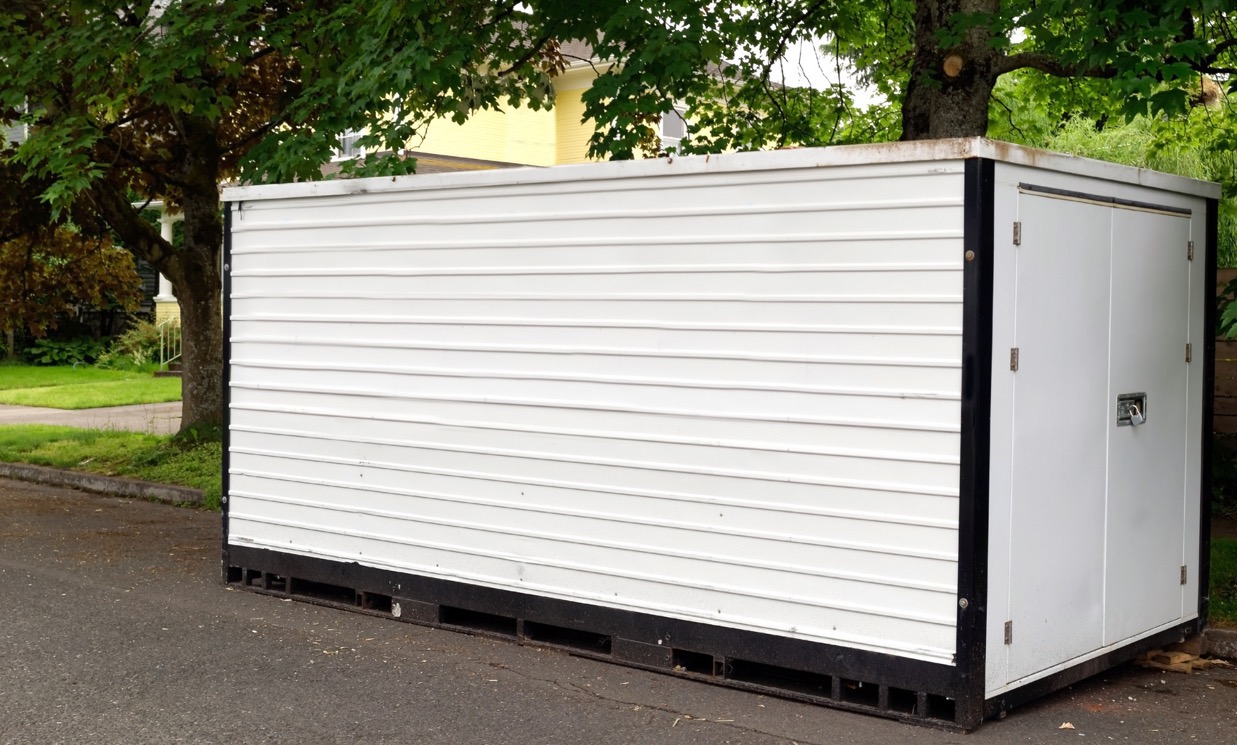
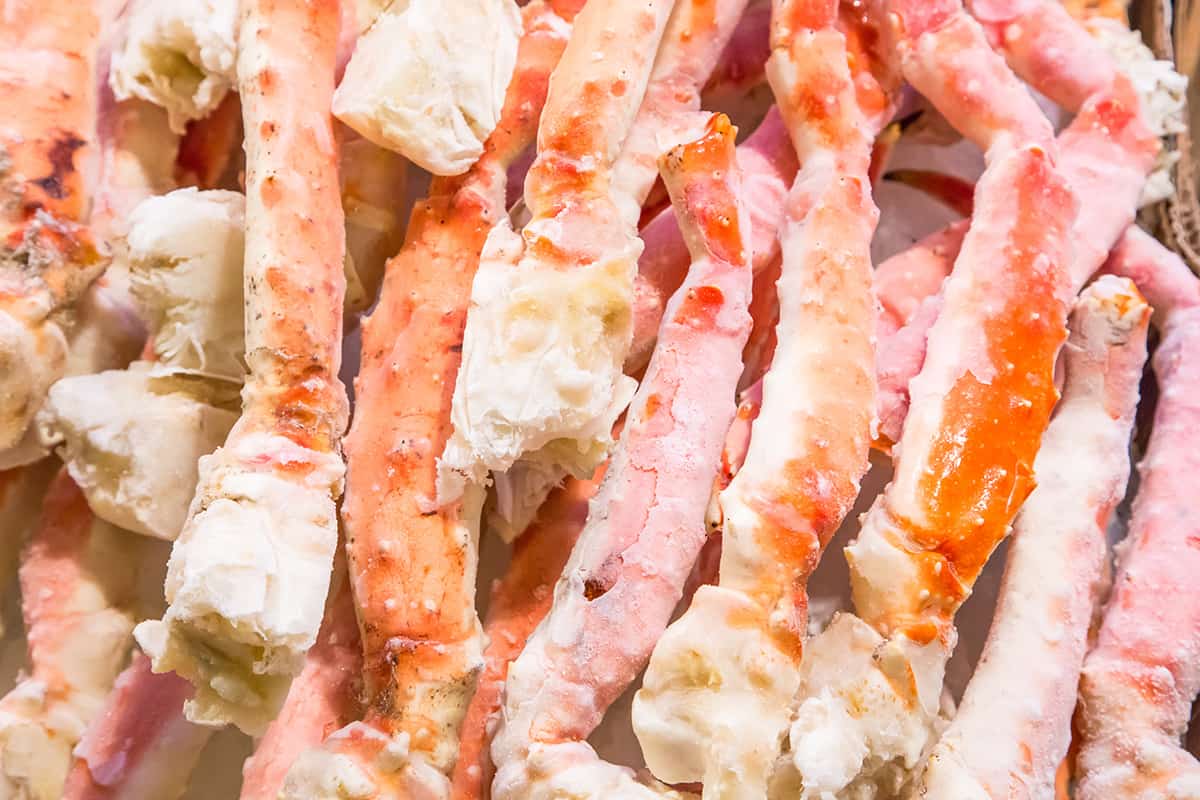

0 thoughts on “How Long Can You Keep Coleslaw In The Refrigerator”